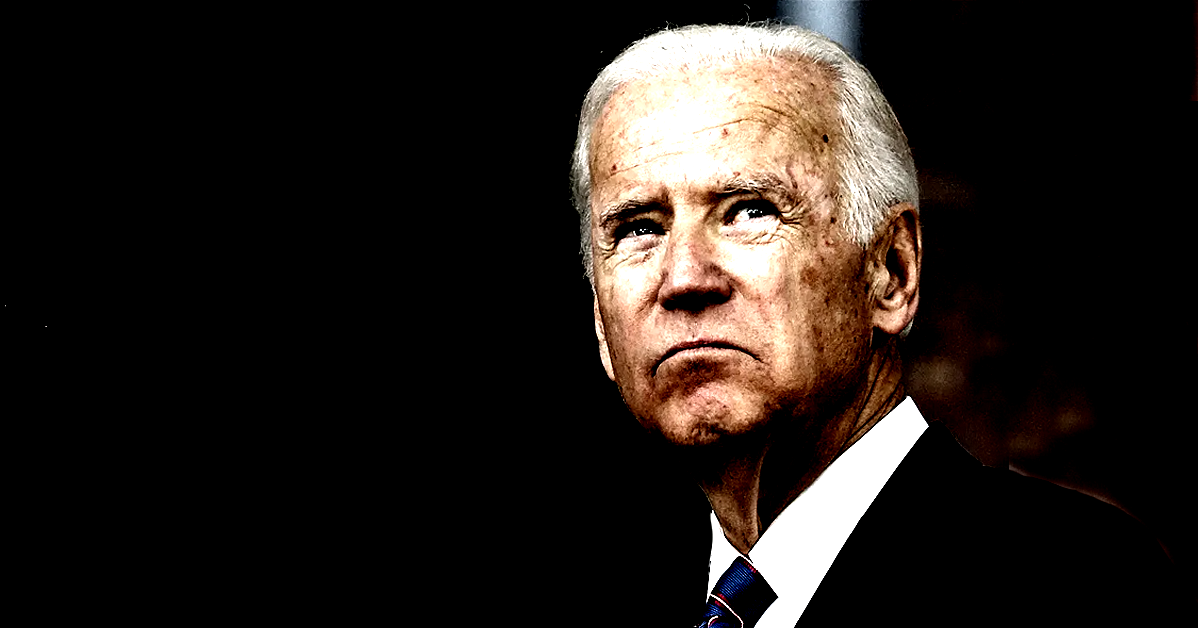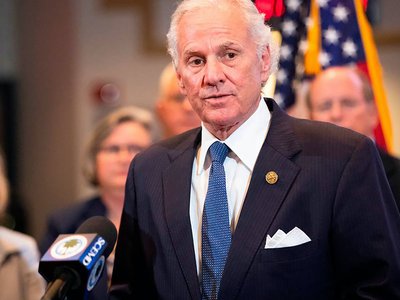A significant majority of Americans disapprove of President Biden’s handling of the economy.
The most recent edition of CNBC’s All-America Economic Survey — conducted between October 14 and 17 — found that 40% of Americans approve of Biden’s economic management while 54% disapprove. The disapproval rate has witnessed a seven-point surge since July.
CNBC explains:
Inflation now ties with the coronavirus as the biggest concern for Americans, up 16 points from the prior survey. A plurality of 47% of the public believe there will be a recession in the next year, up 13 points from when the question was last asked in 2019.
Recession worries come with increasingly negative views about the current and future state of the economy: 46% say the economy will get worse in the year ahead, the most in the 13-year history of the poll and 79% judge the economy as just fair or poor, the most since 2014. Just 31% say now is a good time to invest in stocks, the lowest since 2016.
“If the economy doesn’t get back on track, and the Coronavirus doesn’t reverse course at some point soon, then this is a presidency that’s going to be in real trouble,” acknowledged Jay Campbell, the Democratic pollster for the survey.
“Last quarter, the economic numbers were flashing yellow for Biden, but now that’s intensified and the light is flashing red, and it’s accompanied by multiple blaring sirens,” added Republican pollster Micah Roberts.
As economists David Blanchflower and Alex Bryson observe in a recent paper, consumer sentiment surveys — including those from the Conference Board and the University of Michigan — have seen double-digit downturns in the past several months. Since the two polls have successfully predicted recessions for the past four decades, the economists worry that the “economy in the United States is entering recession now.”
Earlier in October, The Wall Street Journal surveyed economists on high inflation, constrained supply chains, labor shortages, and other threats to a continued recovery from COVID-19 and the lockdown-induced recession. In addition to cutting their economic growth predictions from 7% to 3.1%, the analysts indicated that the crises will last well into 2022.
“Consumer spending, and by extension GDP growth, is being limited by high rates of inflation eroding the real purchasing power of consumers,” Visa economist Michael Brown explained to the outlet.
“It’s a perfect storm: supply-chain bottlenecks, tight labor markets, ultra-easy monetary and fiscal policies,” said Daiwa Capital Markets America chief economist Michael Moran.






